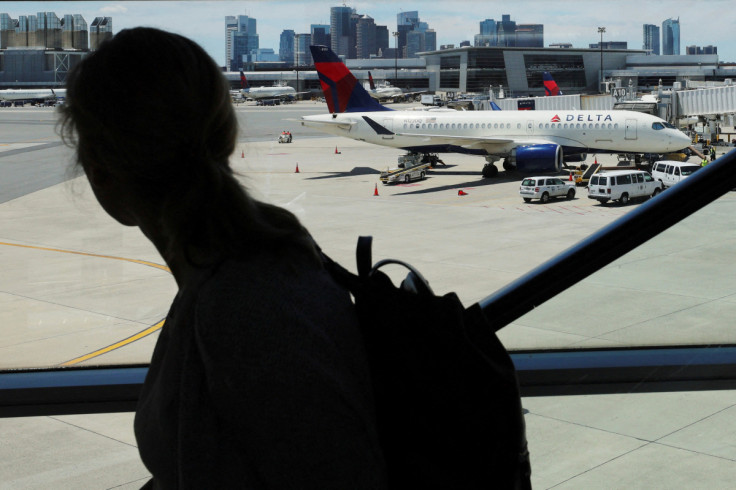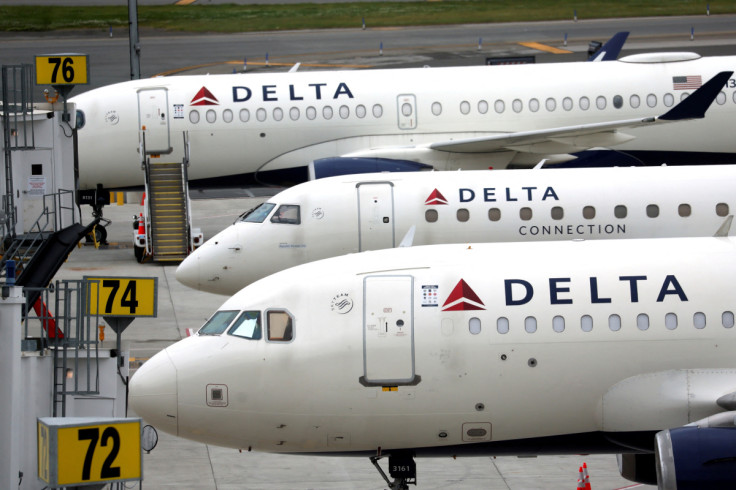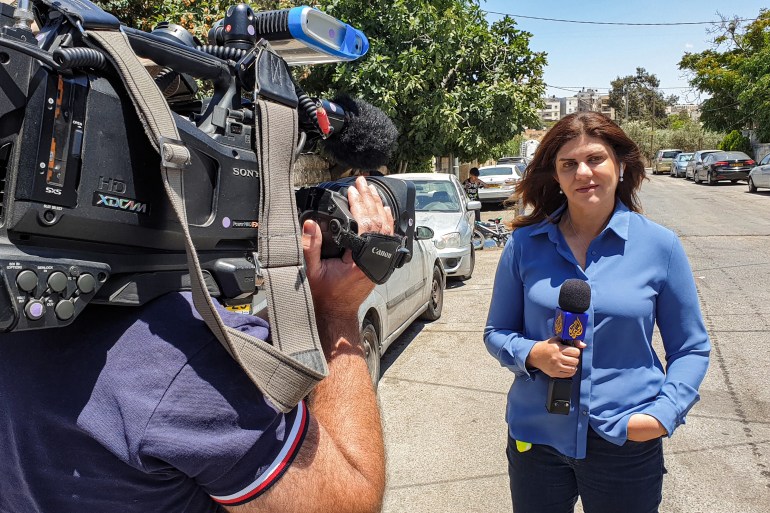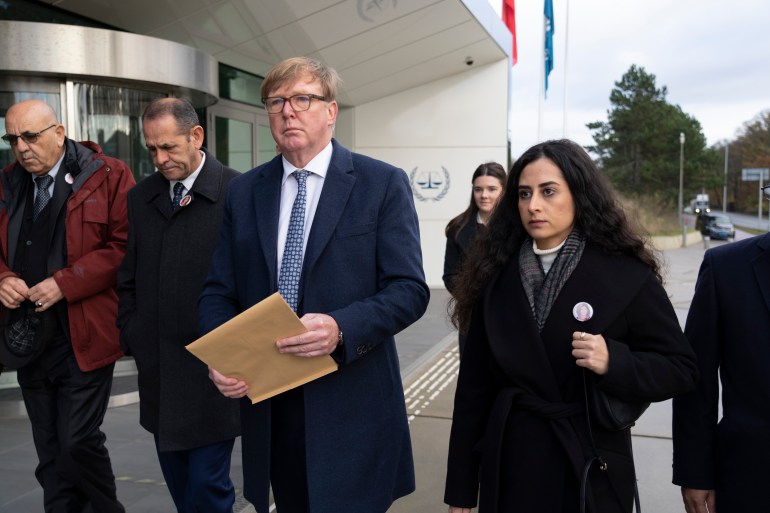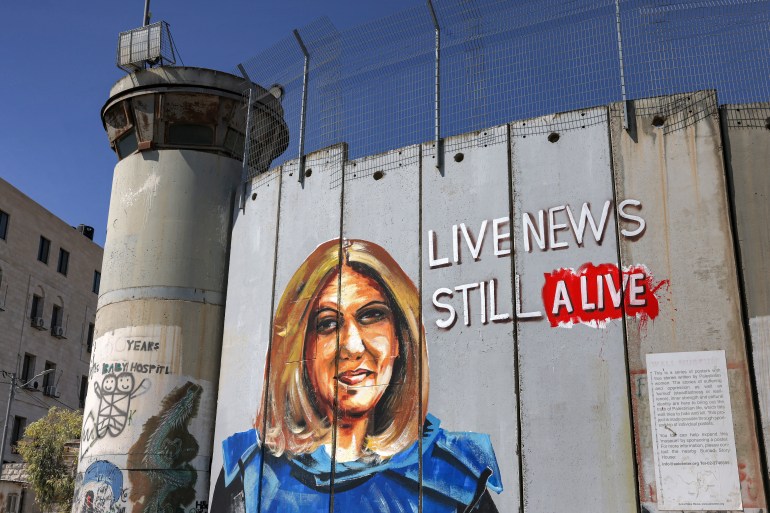Opinion by Rick Bell • 6/12/22 - Calgary Sun
We got the message loud and clear.

Premier Danielle Smith looks into the gallery as the throne speech is delivered in the Alberta legislature on Nov. 29, 2022.
But it was a different message than the one we heard from supporters of Premier Danielle Smith.
They told us to shut the hell up.
They told us to stop being negative.
They told us we were in the pockets of Prime Minister Justin Trudeau and federal NDP leader Jagmeet Singh and Alberta NDP leader Rachel Notley.
They told us if Trudeau and Singh didn’t like the sovereignty act it must be Grade A good and must not be tweaked or walked back in any way.
Yes, they told us we were all lily-livered leftist lowlifes intent on destroying Alberta.
And they REALLY told us to stop suggesting Smith’s sovereignty act needed a makeover.
Danielle knows best. Danielle will kick Trudeau’s butt. Danielle is not to be questioned.
It is a strange attitude for those who are said to have a strong suspicion of politicians and the power they wield.
But we persisted, knowing many Albertans didn’t have a clue what Smith was doing.
They heard her inner circle could change laws without going to the elected members of the legislature for the green light.
It didn’t make sense.
The Smith-led majority in the legislature could also go to war with Ottawa even if the feds were doing something constitutional as long as they considered the government of Canada was up to doing harm, whatever that means.
A Leger poll found only one in three Albertans thought the sovereignty act was needed for the Smith government to stand up for Alberta.
The number was even lower in Calgary and Edmonton and, outside the cities, the level of support was just under four in 10.
Not even a majority.
And that was before the last week where the rollout of the sovereignty act was an example of political slapstick, the very definition of a self-inflicted wound, another episode of amateur hour, more bumbling, fumbling and stumbling.
They chose to stick the Kick Me sign on themselves.
The Smith government offered up a “clarification” a week ago.
That dog wouldn’t hunt.
Then, on Monday, who would have thunk it.
We get a clarification of a clarification that isn’t a clarification.
It is much more.
Team Smith, the UCP members of the legislature, vote for changes to the sovereignty act .
Changes the Smith supporters said would be evidence of caving to the leftist legions of doom.
Is the Smith government now in the bad books with their own true believers?
Are those who said the sovereignty act was flawed in some way vindicated?
Why did the UCP politicians do such a thing?
The UCP MLAs say they heard from Albertans who wanted to see changes to the sovereignty act if it was ever going to get to the finish line, something they hope happens this week.
They heard from Albertans, mainstream Albertans, but obviously not the individuals who specialize in hurling abuse at all who dare deviate from the Smith playbook.
Now it all makes sense when provincial government deep thinkers deflected many probing questions about the sovereignty bill by washing their hands of the matter.
“You’ll have to ask the premier. You’ll have to ask the justice minister.”
The premier did indicate where the sovereignty act was going, speaking to it on her weekend radio show.
She talked of “awkward wording” and “confusion” and “some concern” out there in the real world.
A face-saving exercise on what is supposed to be the premier’s Job Number One.
“You never get things 100% right all the time,” says Smith.
She’d proven that’s true.
There are those who now smell blood in the water.
They want Smith’s sovereignty act deep-sixed.
They feel the UCP cannot put this Humpty Dumpty back together again.
On Monday, Tyler Shandro, Alberta’s top lawman, took questions about the sovereignty act.
Shandro was a favourite of former premier Jason Kenney and now is a favourite of Smith even though he was right behind those COVID restrictions the Smith supporters despise so much.
Anyway, Shandro confirms the UCP politicians decided to try to clean up the sovereignty act after “feedback from Albertans.”
Exactly the “feedback” the press reported on for the last week.
Shandro would only go so far.
“I’m not going to characterize it as a mistake,” says Shandro, of the botched sovereignty act rollout.
Nobody cares how he characterizes it.
Yes, it is a curious day when you could be excused for being just a little nostalgic, looking back to those few days when the Smith government actually looked like they might know what they were doing.
rbell@postmedia.com
Opposition demands she explain to Albertans whether she is authoritarian or incompetent
EDMONTON — Alberta's governing United Conservative caucus says it wants changes to fix a bill that grants sweeping, unchecked powers to Premier Danielle Smith and her cabinet to pass laws behind closed doors without the scrutiny and approval of the legislature.

Smith, meanwhile, is facing Opposition demands to explain to Albertans whether she is authoritarian or incompetent, given the way her signature sovereignty bill has rolled out.
“She either got caught in her attempt to seize power and is now desperately scrambling to cover that up, or she literally didn’t know what was in her bill and very possibly still doesn’t,” Opposition NDP Leader Rachel Notley said during question period Monday.
“She’s lost people’s trust with this bumbling and stumbling.
“Her bill is beyond saving. Why won’t she just withdraw it?”
Smith responded that she welcomes the changes.
"I want to make sure that we get this bill right and I’m grateful that my caucus is going to propose amendments to do that.”
Smith said over the weekend that amendments were in the works to reverse provisions of the sovereignty bill that grant her cabinet the unfettered powers.
She told her Saturday morning radio talk show that the unchecked powers were never supposed to be in the bill, but she didn’t explain how they got there.
"You never get things right 100 per cent right all the time," she said on the show.
In a news conference Monday, Justice Minister Tyler Shandro declined multiple times to explain how those provisions made it into the bill if they weren’t supposed to be there in the first place.
Shandro also rejected a suggestion they had made an error.
“I’m not going to characterize it as a mistake,” he said. “Folks had questions and they’re asking for clarity and we’re taking that feedback.”
Smith’s United Conservative caucus said in a news release Monday that it voted to propose an amendment to clarify that any changes cabinet makes to laws under the act can’t be done in secret, but must instead come back to the house for the normal process of debate and approval.
Related video: 'It's a no-win for any of us': Calgary Mayor on Alberta Sovereignty ActDuration 5:51
The caucus also voted to change the act to more narrowly spell out when cabinet can take action.
Under the current bill, cabinet has wide latitude to respond to whatever federal law policy or program it deems harmful to Alberta’s interests.
With the amendment, harm would be defined as anything a majority of the legislature deems to be an unconstitutional federal intrusion in provincial areas of responsibility.
“These proposed amendments reflect feedback we’ve received from Albertans who want to see aspects of Bill 1 clarified to ensure it gets across the finish line,” government whip Brad Rutherford said in the release.
The release does not contain suggested legal wording of the amendments and the amendments have yet to be presented to the house.
The bill is now in second reading.
Political scientist Duane Bratt said the proposed amendments represent a major climbdown.
"Both of those were flagged early and often by critics of the bill. Those were two of the most outrageous things in there,” said Bratt, with Mount Royal University in Calgary.
He said the outstanding question is how did these clauses end up in the bill in the first place.
"Either they meant it that this is something they wanted to do … meant it and didn't think anyone would notice, meant it but didn't anticipate the backlash or they were just cut-and-pasting legislation and they didn't think it all through."
Either way, said Bratt, "it looks incompetent."
Smith introduced the bill a week ago, characterizing it as a deliberately confrontational tool to reset the relationship with a federal government that she accuses of interfering in constitutionally protected areas of provincial responsibility from energy development to health care.
The bill has been widely criticized by political scientists and legal experts as constitutionally questionable and a threat to the checks and balances that underpin a healthy democracy.
Indigenous leaders have called it a heavy-handed trampling of treaty rights. Business groups, including the Calgary Chamber of Commerce, warn the legal uncertainty surrounding the bill is not good for investment.
Concerns remain over the provision that would grant Smith’s cabinet the right to order provincial entities — municipalities, schools, health regions, city police forces and others — to flout federal laws.
There is also concern that the legislature is usurping the role of the courts by deciding on its own under the bill what is constitutional and what is not.
“This is a good first step,” said law professor Martin Olszysnki with the University of Calgary.
“But it doesn’t address the fundamental underlying premise of the statute that the legislature can give itself the role of the courts in passing judgment on the validity of federal laws.”
This report by The Canadian Press was first published Dec. 5, 2022.
— With files from Colette Derworiz in Calgary
Dean Bennett, The Canadian Press









